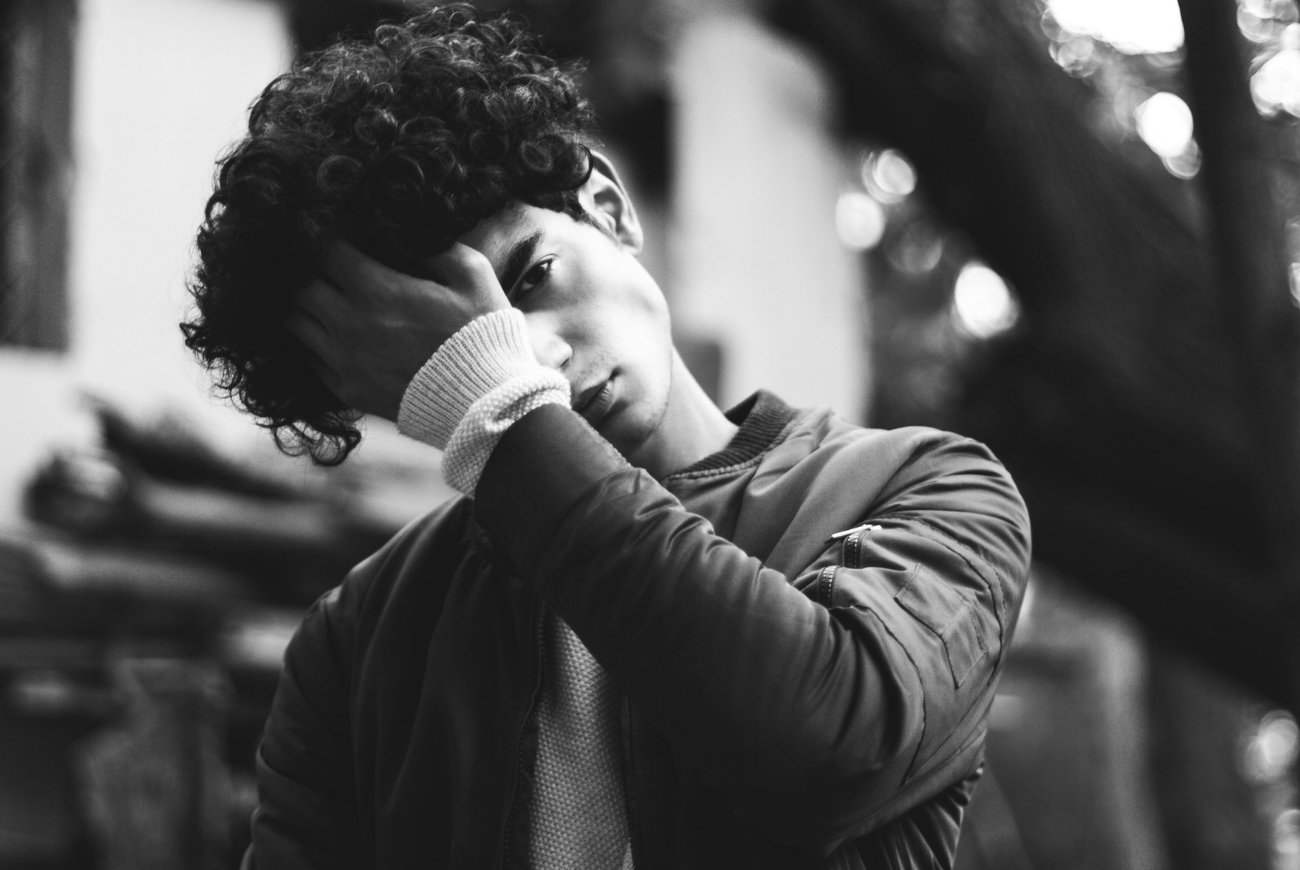
24 Mar What to do when your child is acting out
By the time we become parents, it’s difficult to remember what goes on in the brains of growing kids. We often forget that they’re experiencing feelings and emotions for the very first time and that processing them can be difficult.
Trouble dealing with feelings and emotions often sparks bad behaviour, otherwise known as acting out. Acting out means taking part in behaviour that is defiant, physically aggressive, destructive, inappropriate, verbally aggressive or antisocial.
So, what do you do when your child is acting out? First, it’s important to understand why their behaviour is changing.
Why do kids act out?
As parents, it’s important to understand that our children are processing a lot of feelings and emotions, sometimes for the very first time.
They might be feeling lonely, like they’ve failed at something or that they’re not as sure of themselves as they once were.
Children might act out in response to a situation – which is typically pretty normal and sometimes can be healthy. We’ve seen a lot of children acting out because of their parent’s divorce, kids that are just trying to impress their peers and children dealing with bullies for the first time.
It can be easy for us to forget about what is going on inside their heads and instead of supporting them, we begin to label them as ‘bad kids’. But in reality, we need to approach the situation with a lot more empathy.
What to do when your child is acting out
First and foremost, don’t take it personally.
Your child is processing their emotions and trying to work things out for themselves which is a skill that is essential to develop early on in life. Try not to blame yourself for your child’s behaviour, there are a range of reasons they could be acting out.
Depending on the degree to which your kid is acting out, you should approach the situation accordingly.
If your child is starting to swear, isolate themselves or let their grades slip, you should approach the situation with empathy. Keep your approach light and positive so as to lift them up rather than attacking them.
You should approach them in a quiet space and ask them what’s going on and why they’re starting to act out. You can only hope they will confide in you straight away but sometimes it can take a few attempts.
If your child is getting mixed up in more dangerous behaviours like drugs or alcohol, it’s important that you step in right away. This is a time where you need to outline what is acceptable and what is not.
What to do if nothing is working
If your child is acting out and you can’t seem to help them, it might be best to consult the help of an expert, whether that be your local GP, family members, or our ex-servicemen at Veteran Mentors.
Our time in military careers has equipped us with the experience and knowledge to help transform the lives of kids and teenagers. Our Junior Leader Program is designed to assist children to become accountable for both their behaviour and decisions.
You can find out more about our Junior Leader Program and decide for yourself whether this might be the best next step for your child as they mature into young adults.
*Please note: our program is not a drug or alcohol rehabilitation program and we recommend consulting a specialist for circumstances such as these.
If you found this article helpful, you might also like: How to deal with puberty mood swings.



Sorry, the comment form is closed at this time.